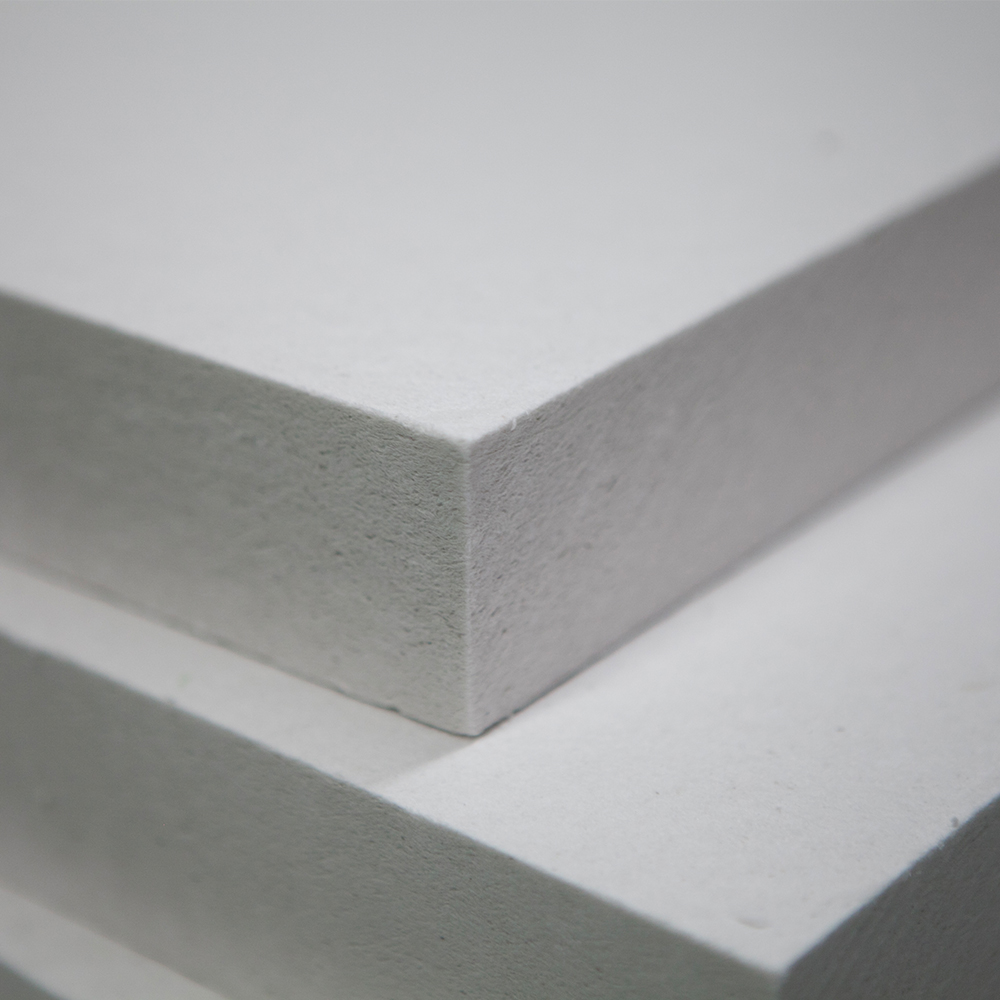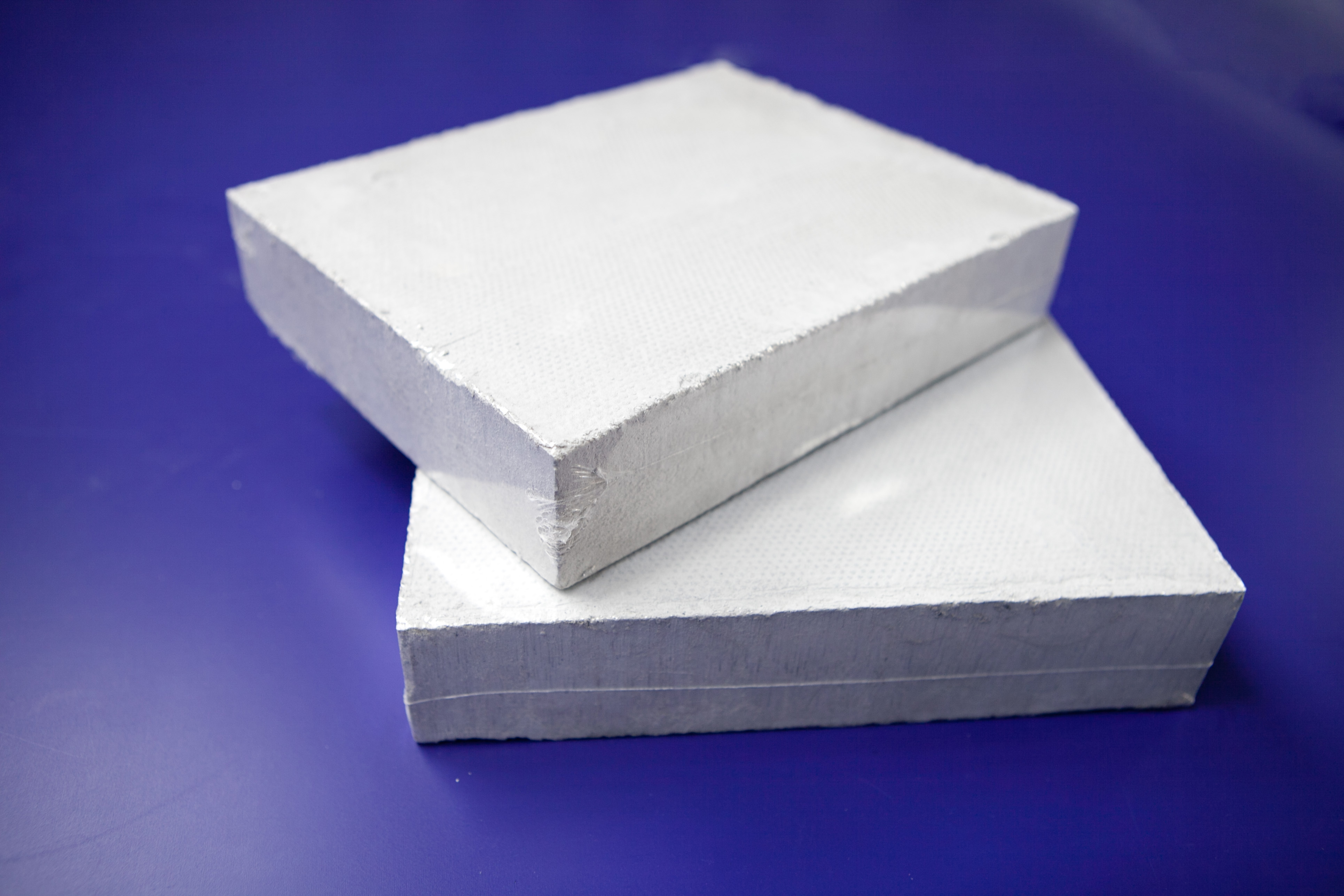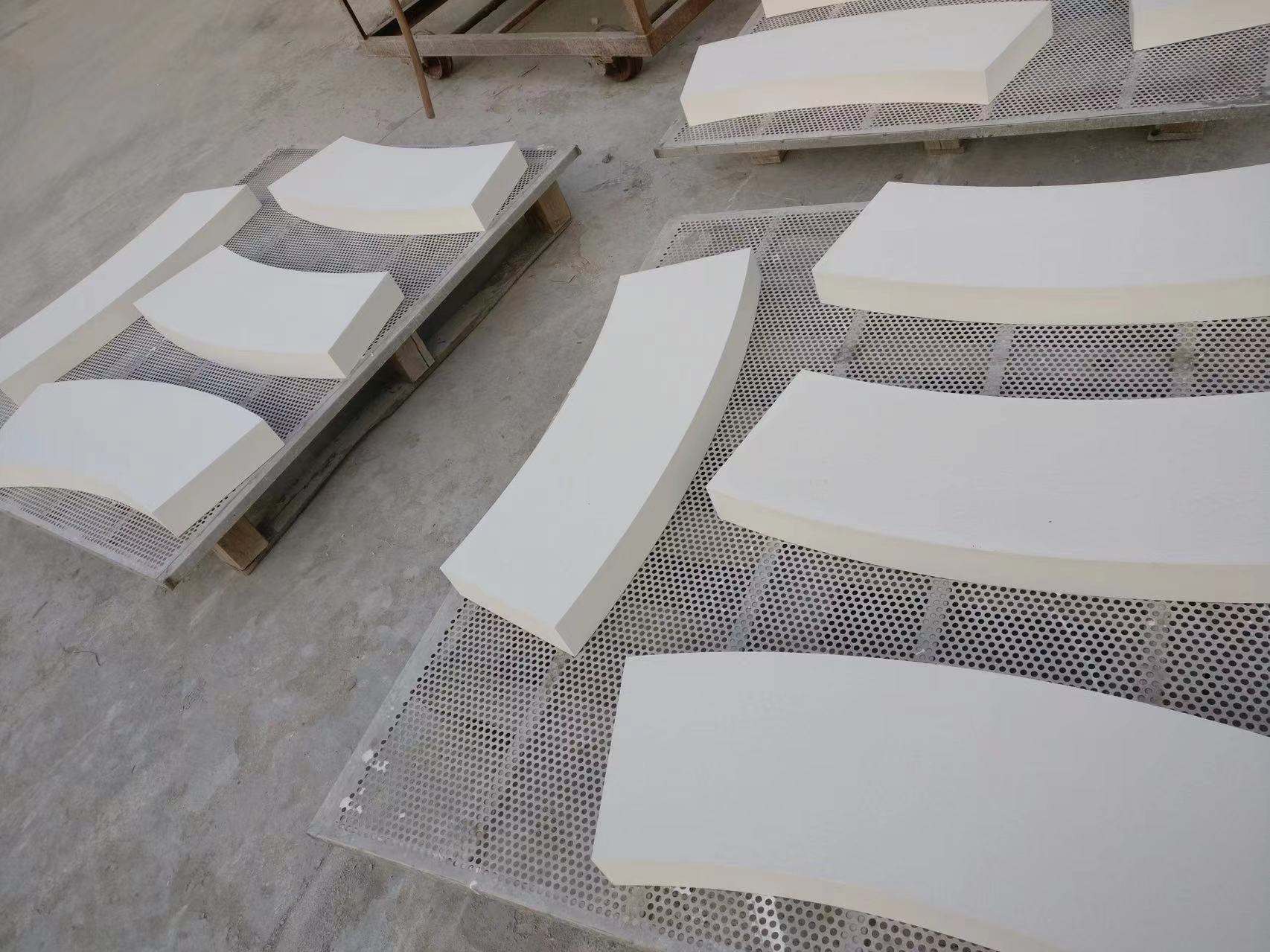Rosewool Insulation Refractory Co.,Ltd.
.jpg)
| Items \ Product | Calcium silicate board |
| Classified Tem (℃) | 1000℃/1832℉ |
| Density (kg/m³) | 200-500 |
| Bending Strength (Mpa) | ≥0.5 |
| Conpressive Strength (Mpa) | ≥0.9 |
| Thermal Conductivity (w/m.k) | ≤0.056 |
| Linear Shrinkage (%) | ≤1.5 |
| Max. working Tem. (℃) | 650/1000/1100 |
| Size (mm) | 1000*500/600*300 |


